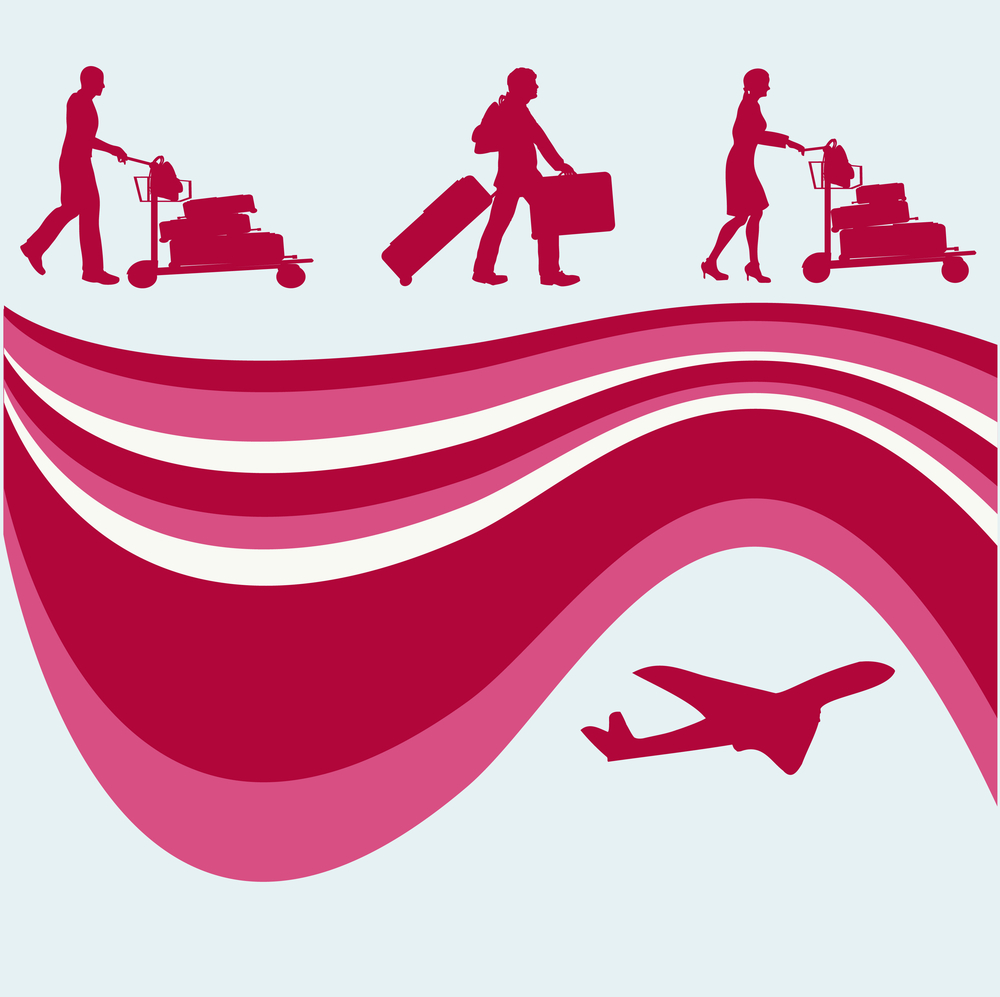The hotel and airline industries are, on the face of it, two very different parts of the travel industry. One of them is a place to stay, the other a means of moving between places.
Extending beyond this obvious distinction, there are actually quite a lot of deeper levels on which airlines and hotels differ, Gillespie’s Guide to Travel and Procurement has noted. For airlines, for example, market share is everything, whereas hotels want to increase their occupancy levels. In the former case this is because the number of people flying has always gradually risen, so it is all about getting a greater slice of an ever-expanding pie. By contrast, hotels will always face challenges from rivals and also alternative methods of tourism, such as self-catering or camping.
Prices are another area of difference, with these remaining fixed for long periods in hotels while they fluctuate in airlines. Airlines also run contracts without any seasonal variation, whereas this is a major factor in hotels. All that may suggest that the business models of the two industries are like chalk and cheese, but in many ways they are actually very similar. Both have high costs to produce perishable products, heavy dependence on business travellers, high susceptibility to economic cycles and a critical need to generate supplementary revenues. For this reason, there are some growing similarities in the way hotels and airlines approach the market.
Perhaps the most notable evidence of this is the naming of Cisco Systems’ director of travel, meetings and events, Susan Lichtenstein, as the Business Travel News Travel Manager of the Year for 2009. Her innovations include pioneering work to create new agreements with hotel suppliers. This featured multi-year hotel agreements with a hybrid dynamic pricing component, designed to simplify the negotiating process between hotels and the six multi-brand chains they worked with. Many other hotels have followed these leads, recognising that what is good for the airline industry is good for hotels too.
As a result, there can be no doubt the two sectors, while maintaining some inevitable differences, will be increasingly convergent in their future business model development.









